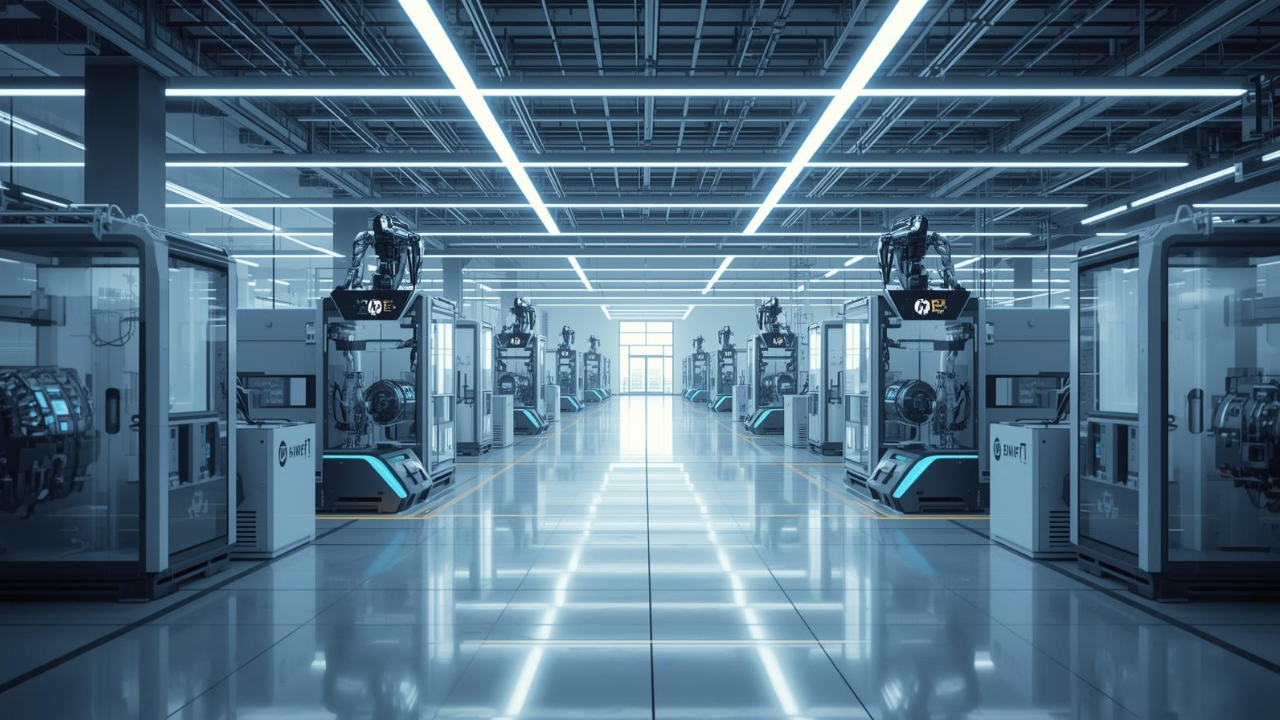
Post by : Meena Rani
The $13.4 billion merger between HPE and Juniper marks a major milestone in the evolution of advanced manufacturing. By combining their technology portfolios, the two companies are poised to accelerate AI-driven factory automation, 3D printing, and the broader adoption of Industry 4.0 solutions across global manufacturing sectors.
The merger aims to leverage complementary strengths in cloud computing, AI, and networking technologies. Key strategic goals include:
The merger brings transformative potential for manufacturing automation:
The merger also accelerates 3D printing adoption, a key pillar of modern manufacturing:
Combining HPE’s cloud and computing platforms with Juniper’s networking expertise supports the Industry 4.0 vision:
Factories adopting AI-driven automation and smart technologies can expect:
While promising, the integration of AI-driven automation faces several challenges:
The merger positions HPE and Juniper as key players in shaping the future of global manufacturing:
Looking ahead, the merger is expected to:
The $13.4B HPE-Juniper merger is a transformative moment for advanced manufacturing. By combining AI, automation, and 3D printing capabilities, the deal accelerates the global shift toward smart factories and Industry 4.0. Manufacturers adopting these technologies can expect increased efficiency, reduced costs, and enhanced competitiveness, setting a new standard for industrial innovation.
Advanced Manufacturing AI Factory Automation HPE-Juniper Merger Industry 4.0 3D Printing Innovations Smart Factories Automation Technology Industrial Robotics AI-Driven Manufacturing Digital Transformation in Factories










Advances in Aerospace Technology and Commercial Aviation Recovery
Insights into breakthrough aerospace technologies and commercial aviation’s recovery amid 2025 chall

Defense Modernization and Strategic Spending Trends
Explore key trends in global defense modernization and strategic military spending shaping 2025 secu

Tens of Thousands Protest in Serbia on Anniversary of Deadly Roof Collapse
Tens of thousands in Novi Sad mark a year since a deadly station roof collapse that killed 16, prote

Canada PM Carney Apologizes to Trump Over Controversial Reagan Anti-Tariff Ad
Canadian PM Mark Carney apologized to President Trump over an Ontario anti-tariff ad quoting Reagan,

The ad that stirred a hornets nest, and made Canadian PM Carney say sorry to Trump
Canadian PM Mark Carney apologizes to US President Trump after a tariff-related ad causes diplomatic

Bengaluru-Mumbai Superfast Train Approved After 30-Year Wait
Railways approves new superfast train connecting Bengaluru and Mumbai, ending a 30-year demand, easi